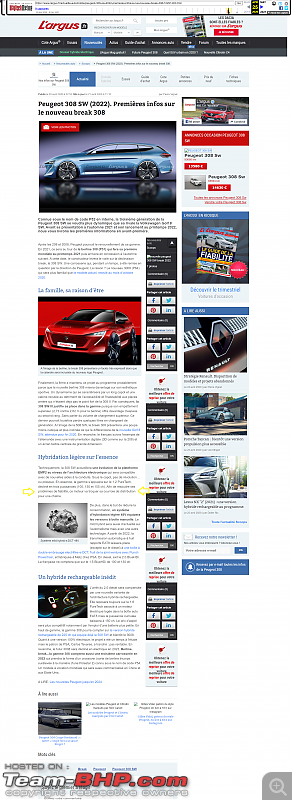| Re: Timing Belt in Oil/Wet Belt. Are they reliable?
Thanks for this thread. I believe a timing belt system itself is a step back from timing chains. Timing belts have the following drawbacks over chains in my opinion:
- Have to be replaced periodically. Chains on the other hand last the life of the engine in most cases (especially petrols)
- Belts have a tendency to get brittle with age and develop cracks. I have seen this for myself on a couple of low mileage TDIs. Chains on the other hand don't face this sort of an issue
- Belts typically just snap without warning. Chains on the other hand give audible warning in most cases if they are going to go bad
Here's what chains can't do as well as belts:
- Timing chains are typically a bit noisier than belts. Though I haven't noticed a stark difference on petrols between the two, timing chain driven diesels do sound louder to me
- Chains are expensive if and when the time comes to replace them. Replacement is also slightly trickier
- Chains are lubricated by oil. While this does guarantee excellent life, timing chain covers are a potential weak spot for oil leaks. Additionally, you do need to adhere to oil change intervals and use good quality oil to ensure good timing chain life
Coming to belts immersed in oil, I think it's a rubbish piece of technology. I am a part of a Ford Transit owners group on FB and I see numerous owners complaining that pieces of the timing belt were found in the oil sump strainer! 
The integrity of the belt is compromised, but more importantly, the engine head could potentially be starved of oil and seize if bits and pieces of the belt choke the sump strainer enough. These belts are also expensive as compared to traditional timing belts. I don't see the point of having these if they need replacement as well in the first place and are only going to last slightly longer than the traditional stuff. To me, a timing belt immersed in oil is the worst of both worlds.
If you thought timing belts were perfect examples of engineering obsolescence, the auto industry just one upped you  . As always, I think it was better to stick to the good old timing chains than come up with these rubber contraptions.
Last edited by vishy76 : 29th November 2022 at 23:54.
|  (14)
Thanks
(14)
Thanks
 (16)
Thanks
(16)
Thanks
 (3)
Thanks
(3)
Thanks
 (3)
Thanks
(3)
Thanks
 (2)
Thanks
(2)
Thanks












 . As always, I think it was better to stick to the good old timing chains than come up with these rubber contraptions.
. As always, I think it was better to stick to the good old timing chains than come up with these rubber contraptions. ) are perfectly ok. Some seems to last long enough and some don't. Same with the chain, not all chain drives are great eg: 1.3 multijet timing chains.
) are perfectly ok. Some seems to last long enough and some don't. Same with the chain, not all chain drives are great eg: 1.3 multijet timing chains. to the guy who thought it was all ok to mix rubber/polymer belt and oil in an engine. Neither inspection nor change is easy.
to the guy who thought it was all ok to mix rubber/polymer belt and oil in an engine. Neither inspection nor change is easy.